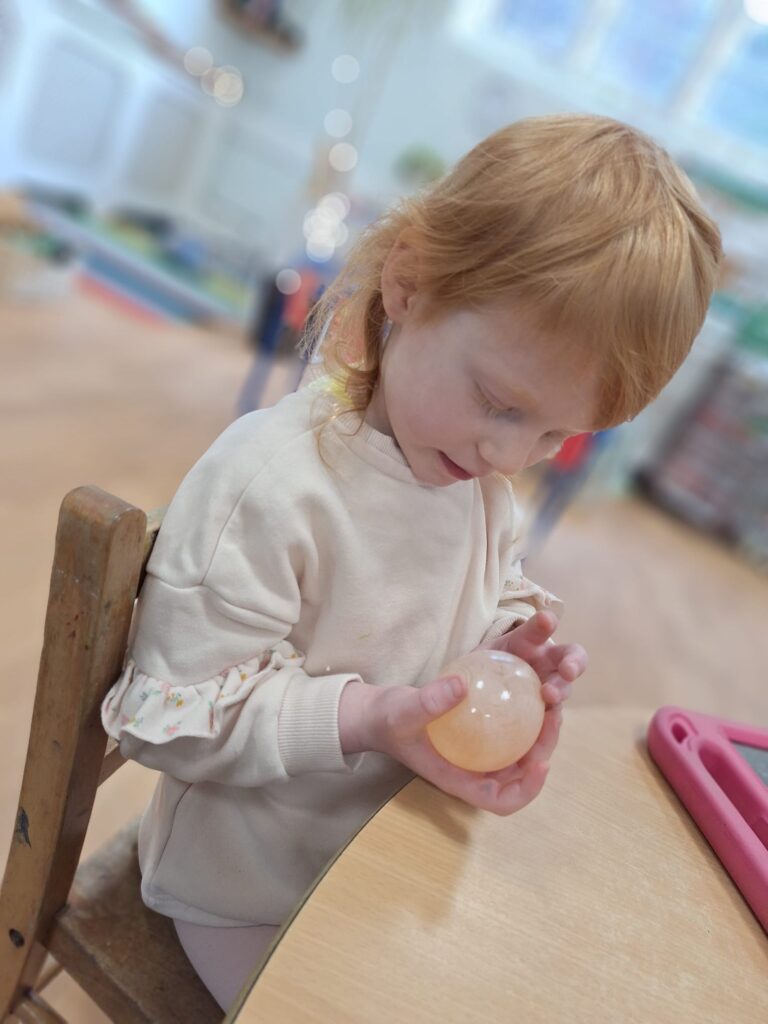Embracing Montessori at Home: A Parent’s Guide to Nurturing Independence
The Montessori Method, developed by Dr. Maria Montessori, is an educational philosophy that emphasizes self-directed activity, hands-on learning, and collaborative play. While it’s often associated with classrooms, incorporating Montessori principles at home can enrich your child’s learning experience and foster independence. If you’re looking for inspiration, Eco Montessori Nursery offers a wonderful example of how these principles can be applied in an engaging, sustainable environment. Here’s how you can bring a bit of Montessori magic into your home:
1. Create a Prepared Environment
A core principle of Montessori education is the prepared environment—spaces designed to foster independence and exploration. At home, you can create a similar environment by:
- Organising Learning Materials: Arrange toys and learning tools within easy reach. Use low shelves and bins so your child can access materials independently. Eco Montessori Nursery, for example, uses natural, sustainable materials to create inviting and educational spaces. Mimic this by opting for eco-friendly, open-ended toys and resources.
- Child-Sized Furniture: Invest in child-sized furniture or modify existing pieces. A small table and chair, a low coat rack, and accessible shelving help children feel capable and empowered. You can find or make furniture that is scaled to your child’s size, allowing them to participate in daily activities comfortably.
2. Encourage Everyday Living Skills
Everyday living skills are a cornerstone of Montessori education, helping children develop independence and confidence. At home, you can:
- Involve Your Child in Daily Chores: Encourage your child to participate in activities like cooking, cleaning, or gardening. Provide child-sized tools and make tasks manageable. For instance, Eco Montessori Nursery incorporates everyday living activities that children can engage in, fostering a sense of responsibility and accomplishment.
- Establish Routines: Consistent routines help children understand expectations and develop self-discipline. Create simple, predictable daily routines that your child can follow with minimal assistance.
3. Foster Independence through Choice
Montessori education values choice and autonomy, allowing children to make decisions about their learning and activities. At home, you can:
- Offer Limited Choices: Provide options within a set range to help your child practice decision-making. For example, let them choose between two outfits or select which fruit they would like for a snack. Eco Montessori Nursery provides children with choices that encourage them to think and act independently, fostering their decision-making skills.
- Encourage Problem-Solving: Allow your child to work through challenges on their own before stepping in to help. This builds resilience and critical thinking.
4. Promote Hands-On Learning
Montessori education emphasizes learning through exploration and sensory experiences. You can support this at home by:
- Using Sensory Materials: Incorporate materials that engage the senses, such as textured fabrics, colorful objects, or nature items. Eco Montessori Nursery often integrates sensory-rich materials to enhance learning experiences, so think about how you can include similar elements in your home.
- Encouraging Exploration: Allow your child to explore their interests through projects and experiments. Provide materials for arts and crafts, science experiments, or outdoor activities.
5. Model and Encourage Respect
Respect for others and the environment is a fundamental aspect of Montessori philosophy. At home, you can:
- Demonstrate Respect: Model respectful communication and behaviour. Use polite language, listen actively, and handle conflicts calmly. Eco Montessori Nursery promotes a respectful atmosphere by integrating these values into daily interactions and classroom dynamics.
- Teach Environmental Stewardship: Involve your child in recycling, composting, and caring for plants. Discuss the importance of sustainability and model eco-friendly practices.
Conclusion
Incorporating Montessori principles at home doesn’t require a complete overhaul of your current routines but rather small, thoughtful adjustments that align with your child’s developmental needs and interests. By creating a prepared environment, fostering independence, and emphasizing hands-on learning and respect, you can enrich your child’s everyday experiences. Eco Montessori Nursery offers a beautiful example of how Montessori principles can be woven into an educational setting, and with a bit of creativity, you can adapt these ideas to create a nurturing, Montessori-inspired home environment.
By embracing these practices, you’ll not only support your child’s growth and learning but also create a more harmonious and engaging home life. Happy Montessori parenting! If you would like to visit our setting please email enquire@ecomontessori.co.uk for further details.





